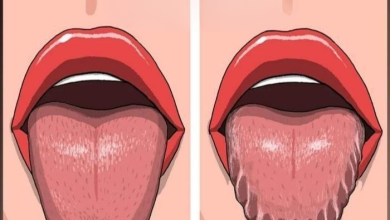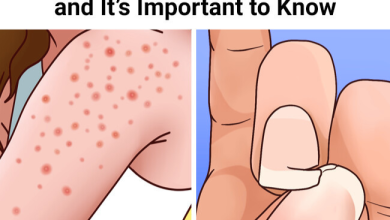Mosquitoes, the tiny, blood-thirsty buzzkills that can turn a peaceful evening into an itchy nightmare. We’ve all been there, desperately searching for a way to escape their relentless attacks.
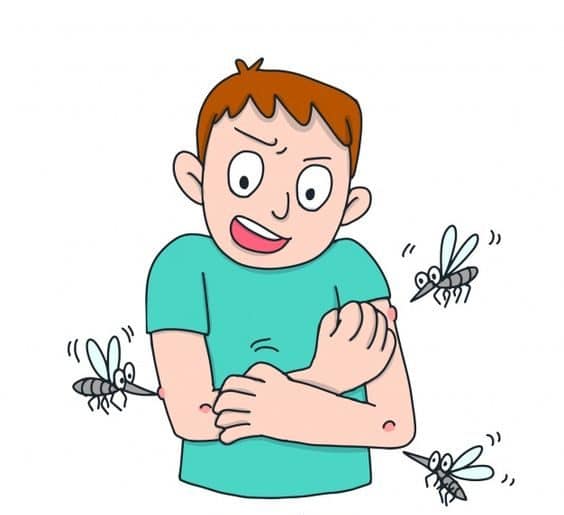
Mosquitoes are attracted to various factors, and understanding what makes you a target can help you take measures to reduce your attractiveness to them. Here are some details about what mosquitoes are most attracted to:
Carbon Dioxide (CO2): Mosquitoes are highly attracted to the carbon dioxide we exhale when we breathe. They use CO2 as a primary cue to locate potential hosts. So, when you’re breathing, you’re essentially sending out an invitation to mosquitoes.
Body Heat: Mosquitoes are also drawn to body heat. Warmer bodies indicate the presence of a potential host. This is why they are often more active during warm summer evenings when people are outdoors.
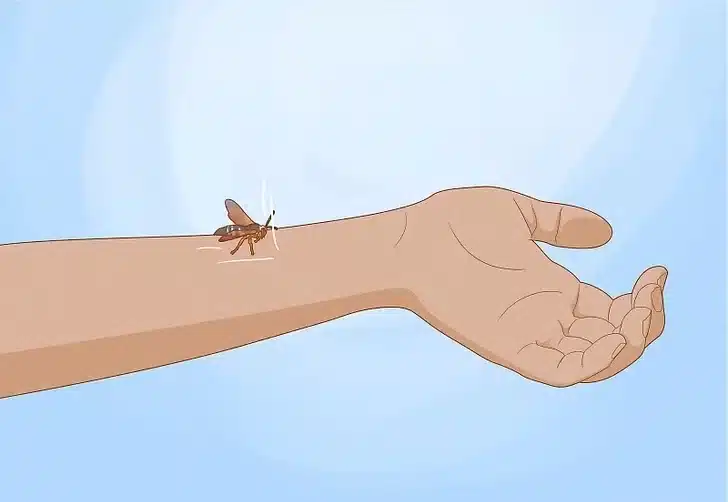
Scent: Mosquitoes have a keen sense of smell and can detect scents from a considerable distance. Certain scents, such as those produced by perfumes, scented lotions, and even sweat, can attract mosquitoes. Floral or fruity scents can be particularly appealing to them.
Dark Clothing: Dark-colored clothing, especially black and navy, can absorb and retain heat, making you more visible to mosquitoes. Light-colored and loose-fitting clothing is less likely to attract them.
Easy way for Mosquito-Proof Your Life
Lactic Acid: When we exercise or become active, we produce lactic acid, which is another attractant for mosquitoes. This is why physical activity can increase your risk of getting bitten.
Blood Type: Research suggests that mosquitoes may be more attracted to certain blood types. People with Type O blood may be more prone to mosquito bites compared to those with Type A or Type B blood.
Skin Microbes: The specific microbes and bacteria on your skin can influence your attractiveness to mosquitoes. Some skin bacteria produce scents that are more attractive to these insects.
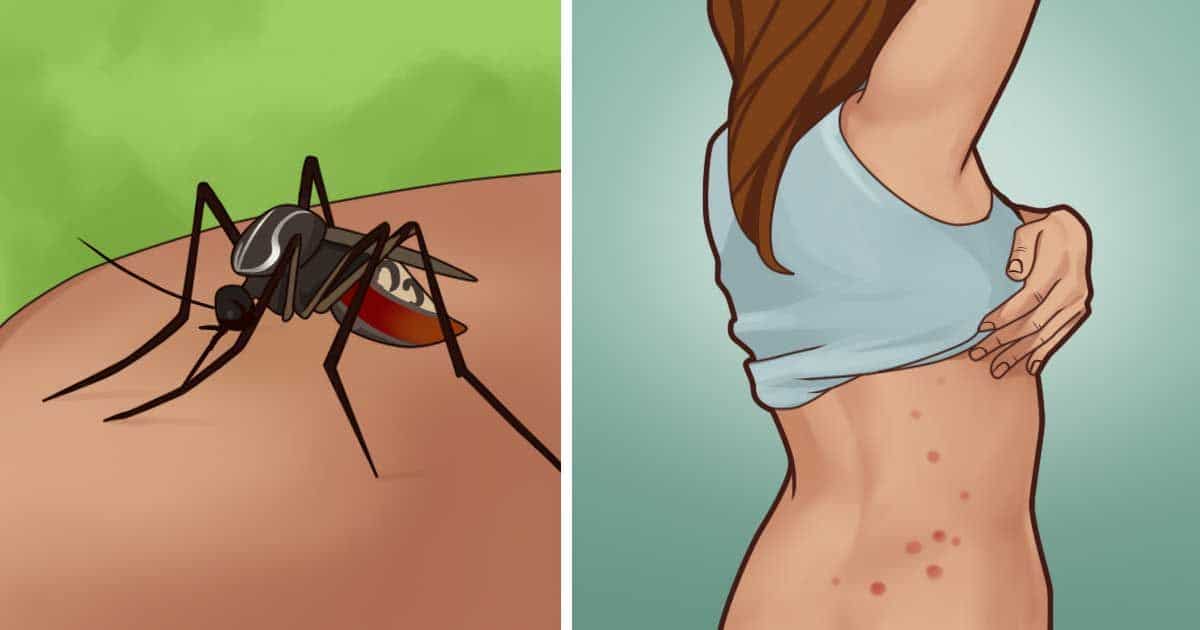
Pregnancy: Pregnant women tend to exhale more carbon dioxide and have slightly higher body temperatures, making them more attractive to mosquitoes.
Alcohol Consumption: Consuming alcohol can increase your body temperature and cause your blood vessels to dilate, making you more appealing to mosquitoes.
Genetics: Your genetic makeup may also play a role in how attractive you are to mosquitoes. Some people are naturally more prone to mosquito bites due to their genetics.
It’s important to note that not all mosquitoes are equally attracted to these factors, and there is some variation among mosquito species. Additionally, individual preferences can vary. To reduce your attractiveness to mosquitoes…
But before you resort to DEET or calamine lotion, let us introduce you to some easy, all-natural solutions that will have you enjoying mosquito-free bliss.
1. Citronella Magic:

Citronella is your new best friend in the fight against mosquitoes. Whether in the form of candles or essential oils, its pleasant scent not only keeps these pests at bay but also adds a delightful ambiance to your outdoor gatherings.
2. Lemon Eucalyptus Oil Power:
This essential oil packs a double punch – it repels mosquitoes and has a refreshing, lemony scent. Mix a few drops with a carrier oil, apply it to exposed skin, and watch the mosquitoes stay away.
3. A Garlic Barrier:
Yes, garlic may ward off more than just vampires! Consuming garlic regularly can make your body emit a subtle scent that mosquitoes find repulsive. A natural deterrent from the inside out.
4. Mosquito-Repelling Plants:
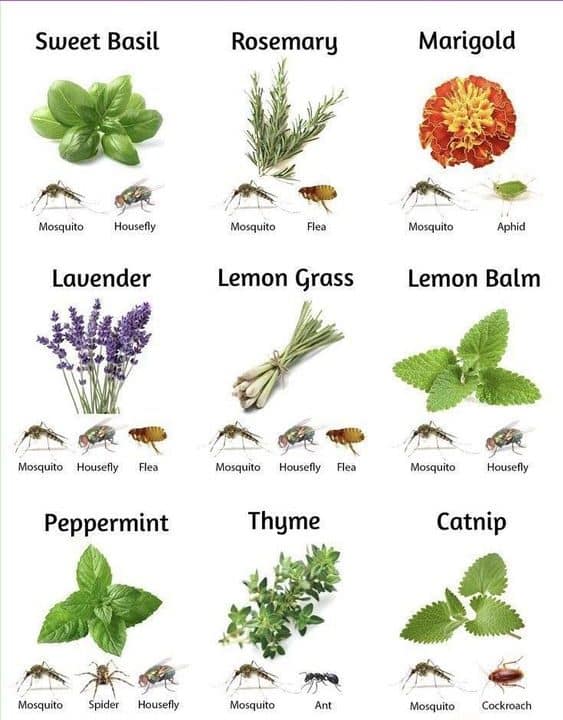
Keep pots of lavender, basil, or marigolds on your patio or in your garden. These plants naturally repel mosquitoes, and they look lovely as well.
5. Wear Light-Colored Clothing:
Mosquitoes are attracted to dark colors. Opt for light-colored clothing to keep them from landing on you in the first place.
6. Cooling Peppermint Spray:
Combine peppermint oil with water in a spray bottle. The cooling sensation will relieve itchy bites, and the scent will keep mosquitoes away.
7. DIY Mosquito Traps:

Create your own mosquito trap by filling a container with a mixture of water, sugar, and yeast. The carbon dioxide produced will attract mosquitoes, and they’ll get trapped in the solution.
8. Mosquito Nets for Bedtime:
For a peaceful night’s sleep, invest in a mosquito net. It’s a classic and effective way to keep the bloodsuckers at bay.

How to Treat Itchy Bites
Itchy mosquito bites can be quite annoying, but there are several methods you can use to treat the itch and discomfort. Here are some ideas for treating itchy bites:
Wash the Area: Start by washing the bitten area with mild soap and water to remove any potential irritants and reduce the risk of infection.
Keep the Area Clean and Dry: To prevent infection, keep the bite clean and dry. Avoid excessive moisture, as it can prolong the healing process.
Aloe Vera: Aloe vera gel has soothing properties that can alleviate itching and reduce inflammation. Apply a small amount of aloe vera gel to the bite.
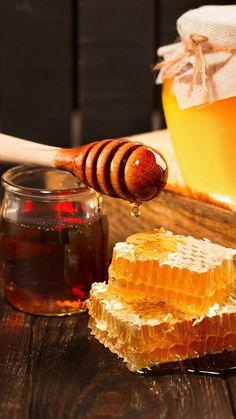
Honey: Honey has antibacterial and anti-inflammatory properties. A thin layer of honey applied to the bite can help reduce itching and promote healing.
Tea Bags: Apply a used and cooled tea bag (black or green tea) to the bite. The tannins in tea can help relieve itching and reduce inflammation.
Cold Compress: Apply a cold compress to the bite for 10-15 minutes. This can help reduce inflammation and temporarily relieve itching.
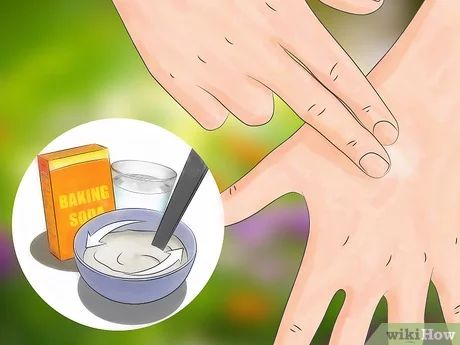
Anti-itch Creams or Lotions: Over-the-counter anti-itch creams or lotions containing ingredients like hydrocortisone, calamine, or pramoxine can provide relief from itching. Follow the product’s instructions for application.
Oatmeal Bath: Soaking in an oatmeal bath or applying an oatmeal paste to the bite can provide relief. Oatmeal has anti-inflammatory properties and can soothe the skin.
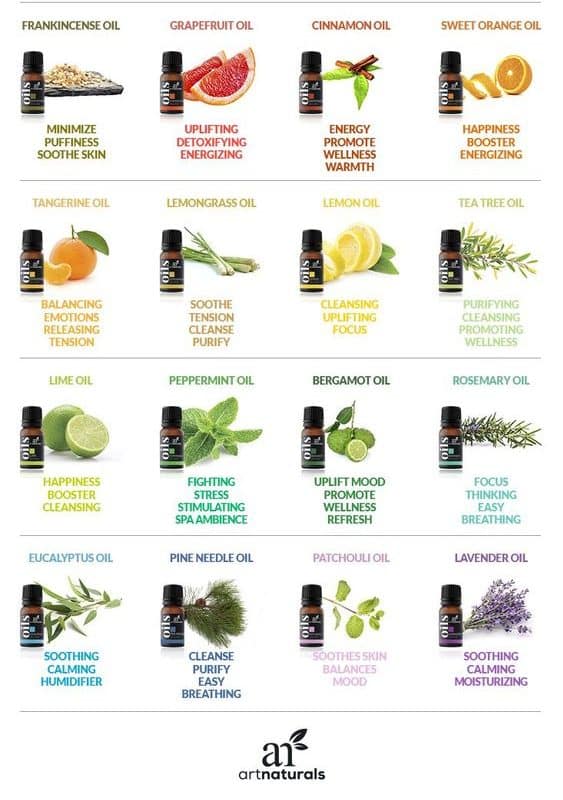
Essential Oils: Some essential oils, such as lavender, tea tree, and chamomile, can help relieve itching. Dilute a few drops of essential oil in a carrier oil and apply it to the bite, but be cautious, as essential oils can be potent and may cause skin irritation if not properly diluted.
Baking Soda Paste: Mix a small amount of baking soda with water to create a paste. Apply it to the bite, leave it on for a few minutes, and then rinse it off. Baking soda can help reduce itching.
Easy way for Mosquito-Proof Your Life
If the itching persists, becomes severe, or if you experience an allergic reaction to a mosquito bite (which can include symptoms like swelling, hives, or difficulty breathing), it’s important to seek medical attention. In some cases, a healthcare professional may recommend prescription-strength treatments.
No more need for harsh chemicals or sticky lotions! These easy and effective methods will help you reclaim your outdoor and indoor spaces, free from mosquito nuisances.
Try them out, and let us know which one works best for you!


